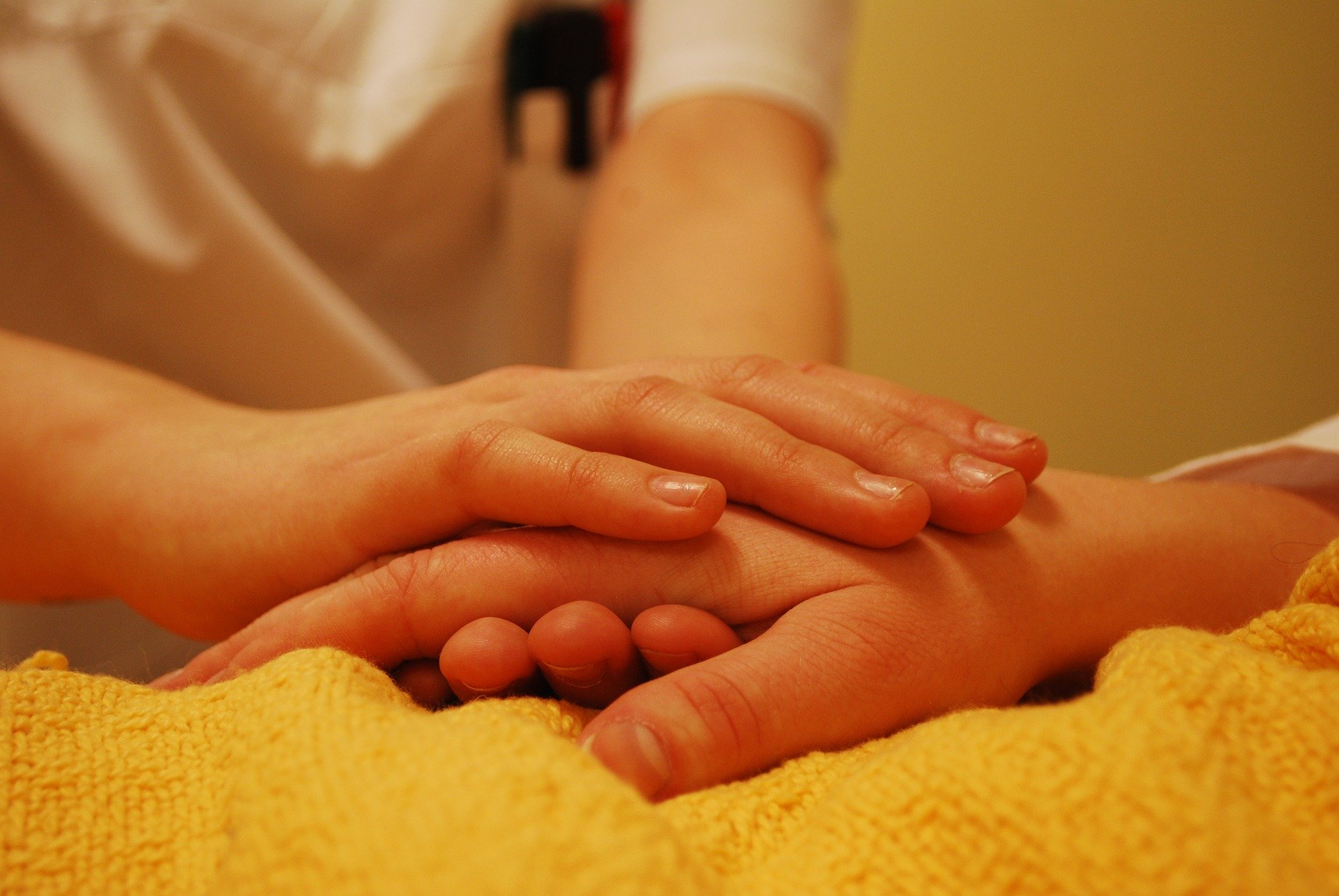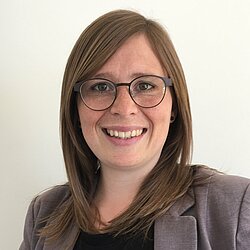Age-related diseases affect the human body in many different ways. Health effects can be seen in the cardiovascular and musculoskeletal system. There are first approaches which describe a coherence between those effects. They are mainly caused by physical inactivity and unhealthy habits.
Current social events and technical progress promote autonomous and independent ways of diagnosis and especially prevention of diseases. Exit barriers and other restrictions, which can be seen during the Corona pandemic lead to physical inactivity. This physical inactivity also increases with age Digitalization is a great approach to intervene here. Smart devices like wearables are selling incredibly fast and offer more and more features to monitor daily movements and interactions. This massive amount of data includes accelerations, number of steps and - depending on the device - several other parameters concerning the cardiovascular system. Most of the data is not reviewed or cannot be interpreted by the user, because there is often no context what this data means to the personal health.
This project aims for a feedback system controlled by artificial intelligence to merge different biomechanical aspects and get them handsome. It makes such data more approachable, comprehensible and gives rudiments for daily exercises to prevent signs of aging and improve quality of living. Therefor user data of daily motion patterns as walking, sitting and cycling as well as exercises from literature as jumps and drop jumps will be recorded under laboratory conditions. Measurements of laboratory instruments will be compared to measurements gained from smart devices (e.g. smart watch, smartphone). Based on this data different patterns of burden will be defined, validated and serve as input information for further processing and artificial intelligence. Later, integral loads and activities of daily living should be continuously assessed according to these schemes. The user will get feedback in predefined intervals or on demand in real time on how he can improve his condition by exercise or changes of posture to prevent fatigue and loss of tissue, which causes diseases like osteoporosis or sarcopenia. The study will show how precise musculoskeletal loads can be displayed and how good highest and constant physical stress can be measured and detected by commercial wearable devices. With success of this study we can make age prevention more tangible and an improvement of quality of living irrespective of a therapist or medical.
Real-time musculoskeletal simulation and evaluation of data from wearable smart-devices to prevent signs of aging
MEMBER IN THE JOINT ACADEMIC PARTNERSHIP
since
Prof. Dr.-Ing. Sebastian Dendorfer
Das Labor für Biomechanik (LBM) unter der Leitung von Prof. Dr.-Ing. Sebastian Dendorfer hat seinen Forschungsschwerpunkt in den Bereichen MuskuloskelettaleSimulation, mechanisches Verhalten von Biogeweben und Implantattechnologie. Das LBM ist als eines von weltweit nur drei AnyBody Knowledge Centers ein anerkanntes Kompetenzzentrum im Bereich der muskuloskelettalen Simulation.
Forschungsschwerpunkte:
- Muskuloskelettale Simulation
- Orthopädische Biomechanik
Projects:
- Determination of biomechanical functional parameters and muscle strengths in the lower extremity for rehabilitation and prevention
- Automated motion analysis of patients in everyday clinical practice for AI-assisted classification of biomechanical conditions of the lower extremities
- Real-time musculoskeletal simulation and evaluation of data from wearable smart-devices to prevent signs of aging
- Biomechanische Analyse der oberen Extremität unter Berücksichtigung des Schulter- und Ellenbogengelenks im Biathlon- und Langlaufsport
- Influence of stress on musculoskeletal loads in highly dynamic motion
- Musculoskeletal modelling of the shoulder complex and its application for EMG assessed pathologies
- Development and validation of a new musculoskeletal hand and elbow model and its application in the medical field
Publikationen
Reinker, L., Bläsing, D., Bierl, R., Ulbricht, S. & S. Dendorfer (2023):
Correlation of Acceleration Curves in Gravitational Direction for Different Body Segments during High-Impact Jumping Exercises. Sensors 2023; doi.org/10.3390/s23042276.
-> Open Access, peer-reviewed
Vorträge und Präsentationen
Reinker, L. & S. Dendorfer (2023):
Evaluation of acceleration patterns during high-impact jumping exercises. GAMMA, Heidelberg.
Reinker, L. & S. Dendorfer (2023):
Effects of jumping exercices to prevent osteoporosis gained from acceleration data. CMBBE (Paris).


